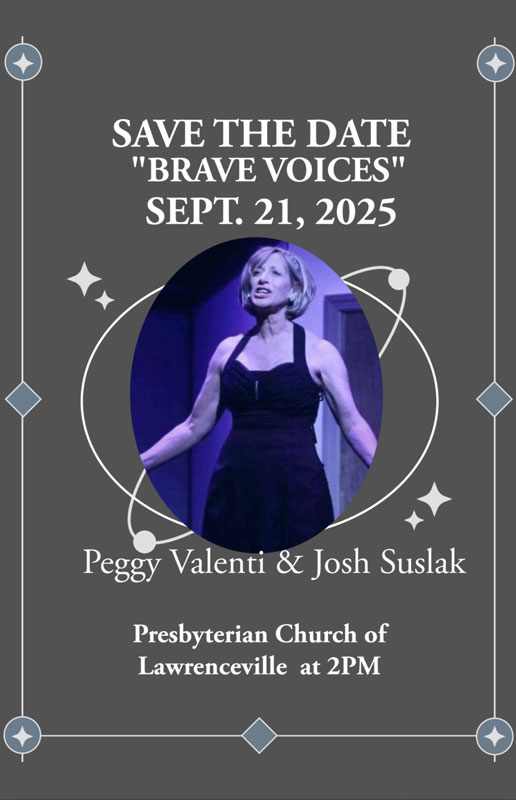Have you ever said, “I love you” to a friend? Someone not a spouse, girlfriend or boyfriend; not someone within Cupid’s target zone for you?
I myself can’t recall doing that – perhaps partly because I live in fear, professionally, of blurring boundaries, of someone misinterpreting my words – though have heard them spoken a time or two. And, let’s face it: our stinginess in using those words with friends is due to the fact that we live in such a highly sexualized, amorized society. (Amortized society?)
In our culture, the meaning of “love” in that three-word phrase “I love you” is almost exclusively limited to that of Eros. One heterosexual guy telling another, “I love you.” Whoa. You must be gay.
Perhaps it’s an obvious point then: that our culture has in many ways lost the art of friendship. And here I also need to make a distinction based on gender. It’s my observation (and thus certainly open to critique) that men often find it much more difficult to find friendship with other men, than is the case among females in their search for friendship.
Why is that? It’s striking that in the ancient world – the world of the Bible, and especially the ancient Greek-speaking world – the opposite was really the case. In the ancient world, love, the highest and most beautiful form, was that shared between men.
On Sunday, we will reflect on the kind of love denoted by the word Philia, or friendship-love. Philia is a love between equals, love that seeks the well-being of the other, love that seeks the excellence in the other, brings out the best in the other.
Have you ever been with someone in whose presence you feel all those qualities in yourself you think to be most valuable? When I’m with, let’s say, Jim, or Sally – I feel smart, and funny, and at ease; I feel most myself. This is the experience of Philia. And we clearly know its opposite too – those in whose presence you feel inadequate, dumb, cut to size and worse-than.
Philia is valuable to knowing who we are; toward becoming who we are meant to be. The ancient Greeks especially knew the value of this kind of friendship love. On Sunday, I’ll speak a bit about Aristotle, and his book the Nicomachean Ethics, in which he writes about how friendship is a means toward attaining virtue.
And of course, Sunday’s sermon will be a scriptural exploration about the topic: how do we see our need for friendship in light of the friendship of Christ: the God-man, come down to us, who doesn’t demand to be called master, but wants us to call him friend.
Are we hungry for this kind of friendship? Is there a gender difference? Has anyone ever said “I love you” to you – not as a lover, but a friend? Love to hear your reflections on this. And would love some good material for the sermon.
Jeff
PS – Some other stuff to check out if you are interested in the subject – in particular, movies. Judd Apatow has now created his own genre of movies, and a new “term” for them: “bromance.” Check out Superbad, or his more recent I Love You Man. (I’ve seen the former but not the latter). Also, the previously-featured Big Kahuna is really about Philia. You must see it if you have not….



